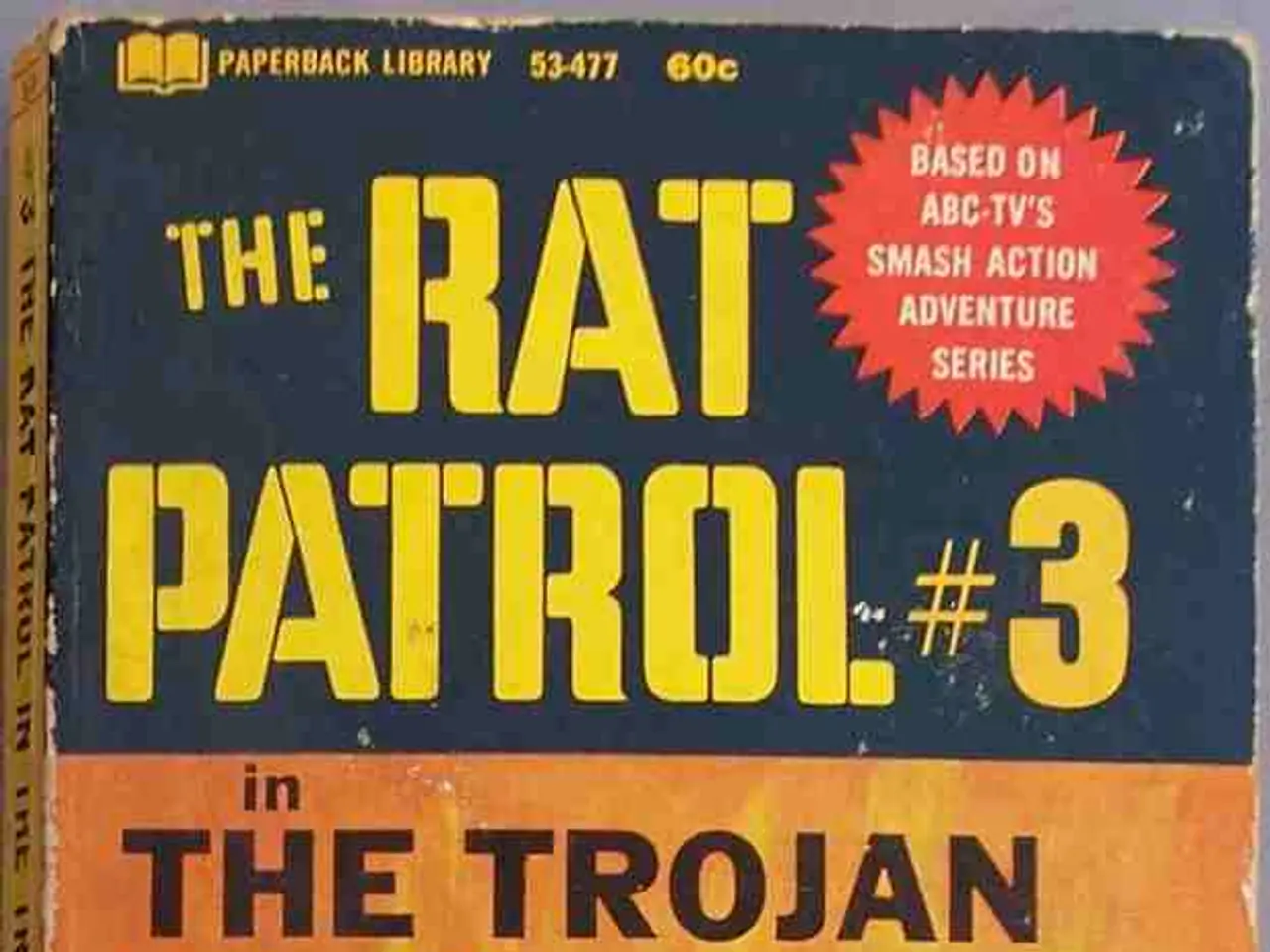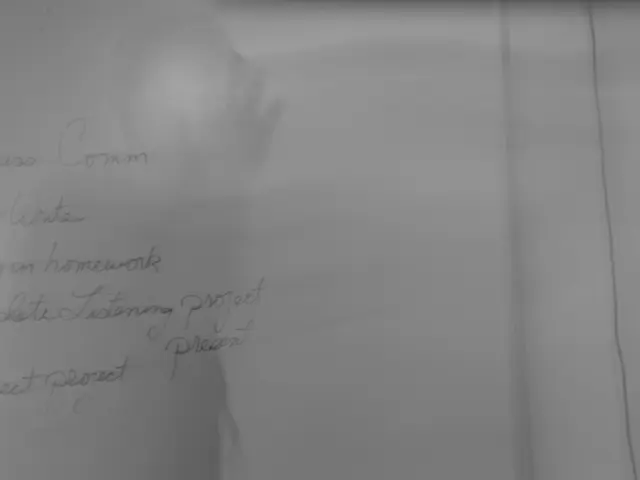Goodbye to the 'recent global order' and hail the return of the 'former new order'
The world today finds itself in a precarious position, with multiple crises—economic, political, ideological, and security-related—destabilizing global order and intensifying tensions among major powers. This situation bears striking similarities to the interwar years (1918-1939), a period marked by economic disintegration, ideological polarization, weakening institutions, and escalating conflict.
One of the most significant crises of that era was the Great Depression, which impoverished hundreds of millions of people. Today, we witness similar challenges in the form of economic disruptions such as inflation, supply chain issues, and financial instability, coupled with political turbulence that threatens global governance and cooperation.
The interwar years also saw the rise of radical ideologies like fascism and communism, contributing to global instability and eventual war. Today, we observe renewed great-power rivalry, nationalism, and conflicting ideological spheres that erode trust and collaboration.
The failure of the League of Nations in the interwar years to prevent aggression is echoed today by challenges facing the United Nations and the Bretton Woods institutions amid shifting power dynamics and multipolarity. The interwar period’s protectionism, which deepened economic depression and division into trading blocs, parallels recent tendencies toward economic nationalism, supply chain disruptions, and fragmentation of global trade systems.
If current crises are not managed effectively, the consequences could mirror those of the interwar period, including escalating militarization, humanitarian catastrophes, and potentially a large-scale conflict or world war. Escalating tensions among major powers without effective crisis management may increase risks of military confrontations or proxy wars, as seen in interwar escalation leading to World War II.
The intertwining of extremist ideologies and state power risks human rights violations and mass atrocities reminiscent of interwar-era tragedies. Failure to coordinate economic policies could lead to deeper recessions or depressions, further destabilizing political systems and international order. Without reforms or adjustments, fading legitimacy and effectiveness of global governance institutions may leave power politics unchecked, undermining peace and stability.
Experts highlight the need for reforming international economic governance and adapting to multipolar realities to mitigate these risks and sustain peace. This analysis integrates recent scholarly and policy discussions emphasizing that avoiding the catastrophic outcomes of the past depends on effective multilateral crisis management and systemic reform in global institutions.
It is crucial to remember that the major powers are preparing for a new era of superpower rivalry and are not expected to be the ones to avert a crash in the international system. The norms and institutions formed after World War II to prevent or resolve similar crises have proven ineffective. The risk that these actors could play a more destructive role in international affairs is being discussed more openly.
The world waits for a brave coalition of people and nations to lead us out of current crises without catastrophe. The stakes have never been higher, and it is our collective responsibility to learn from history and work towards a more peaceful and equitable future.
- The escalating economic disruptions and political turbulence of today mirror the challenges faced during the interwar years, which culminated in the Great Depression.
- The rise of radical ideologies, such as fascism and communism, during the interwar years significantly destabilized global order, much like the renewed great-power rivalry and conflicting ideological spheres today.
- The failure of the League of Nations to prevent aggression in the interwar years has echoes in the challenges faced by the United Nations and the Bretton Woods institutions today, amid shifting power dynamics and multipolarity.
- If the current crises are not effectively managed, the consequences could mirror those of the interwar period, escalating into militarization, humanitarian catastrophes, and potentially large-scale conflict or world war.
- Experts suggest that reforming international economic governance and adapting to multipolar realities is crucial to mitigate risks and sustain peace, as avoiding the catastrophic outcomes of the past requires effective multilateral crisis management and systemic reform in global institutions.
- The norms and institutions formed after World War II to prevent or resolve similar crises have proven ineffective, and the risk that major powers could play a more destructive role in international affairs is being discussed more openly, making it critical for a brave coalition of people and nations to lead the world towards a more peaceful and equitable future.







